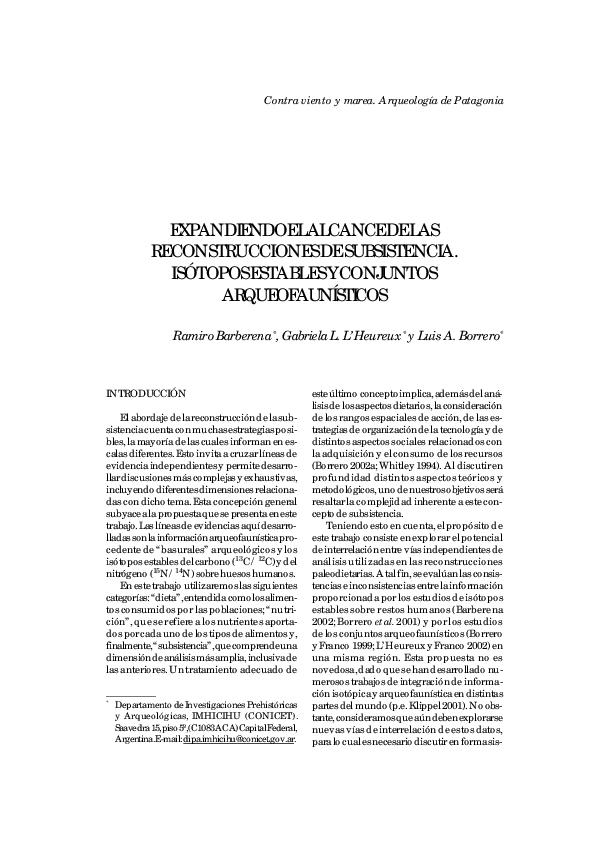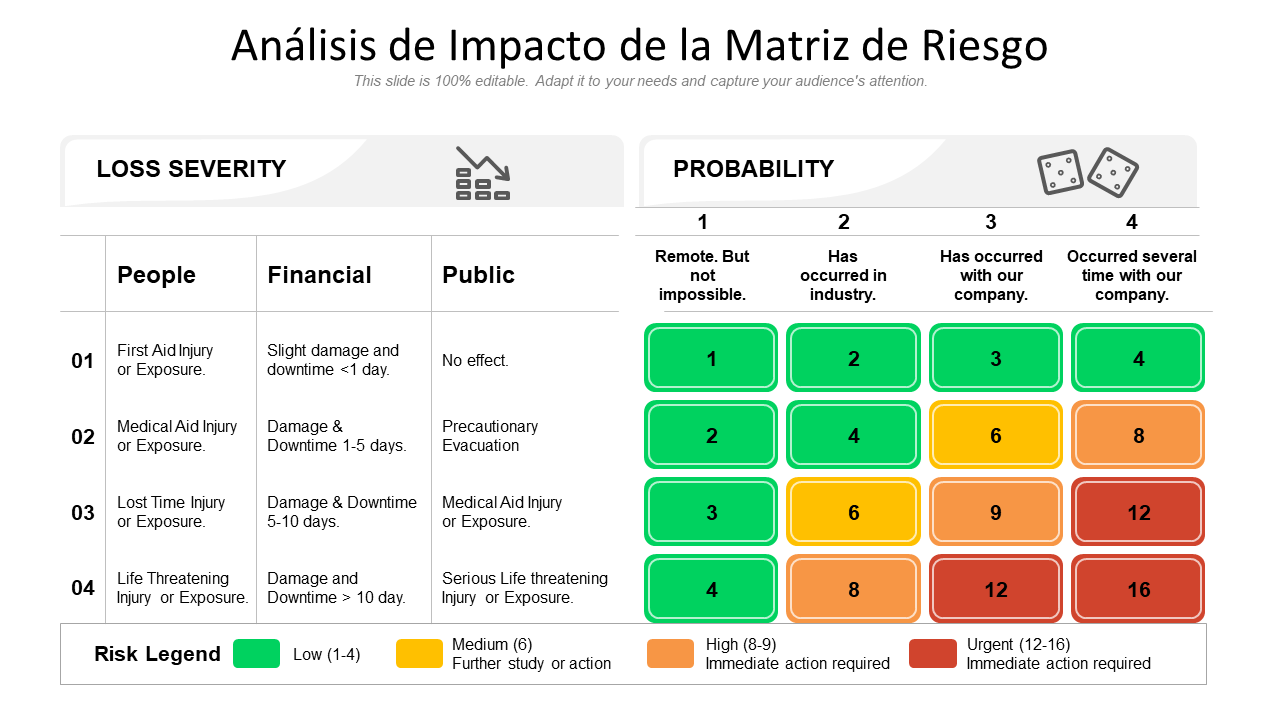Why Is Portugal Deporting Migrants After Welcoming So Many?

Table of Contents
The Rise of Deportations in Portugal
Recent years have witnessed a notable increase in the number of deportations from Portugal. While precise figures fluctuate and comprehensive data can be challenging to obtain, various reports indicate a significant upward trend. This rise affects a diverse range of nationalities, reflecting the complexities of Portugal's immigration landscape. The reasons behind this increase are multifaceted and interconnected:
- Increased border control measures: Strengthened border security and surveillance, often in collaboration with other EU nations, have led to more successful identifications of individuals residing in Portugal illegally.
- Changes in asylum application processing: Modifications to the asylum application process, including stricter criteria and faster processing times, may result in a higher number of rejected applications and subsequent deportations.
- Focus on irregular migration: The Portuguese government has placed a greater emphasis on combating irregular migration, leading to increased enforcement actions and deportations of those lacking proper documentation.
- EU regulations and pressure: Portugal, as a member of the European Union, is subject to EU regulations and pressure regarding immigration and asylum policies. This can influence its approach to deportations.
Understanding Portugal's Welcoming Approach
Despite the rise in deportations, Portugal has actively cultivated a reputation for a relatively welcoming approach to immigration. This is evident in several key policies and initiatives:
- The Golden Visa program: This program offers residency permits to non-EU citizens who invest in Portuguese real estate, contributing significantly to the Portuguese economy.
- Initiatives to attract skilled workers: Portugal actively seeks to attract skilled workers in various sectors to address labor shortages and boost economic growth. This involves streamlined visa processes and integration support.
The economic benefits of immigration to Portugal are substantial:
- Labor shortages addressed by immigration: Migrants often fill critical labor gaps in sectors such as agriculture, hospitality, and construction.
- Contributions of migrants to the Portuguese economy: Migrants contribute significantly to the Portuguese economy through taxes, consumption, and entrepreneurship.
- Demographic changes and the need for younger workers: Portugal, like many European countries, faces an aging population. Immigration helps to address this demographic imbalance by providing a younger workforce.
- Positive integration programs and initiatives: Portugal has implemented several programs to support the integration of immigrants into Portuguese society, fostering social cohesion and cultural enrichment.
The Discrepancy Between Welcoming and Deportation
The apparent contradiction between Portugal's welcoming policies and the increasing number of deportations stems from the crucial distinction between legal and illegal immigration. While Portugal seeks to attract skilled workers and legal immigrants, it must also address the challenges posed by irregular migration.
- Strain on resources due to irregular migration: Large influxes of irregular migrants can strain public resources, including housing, healthcare, and social services.
- Public opinion and concerns about immigration: Public opinion on immigration can be complex and influenced by various factors, including concerns about job competition, strain on public services, and integration challenges.
- Enforcement of immigration laws and regulations: The government has a responsibility to enforce immigration laws and regulations, which includes deporting individuals who enter or remain in the country illegally.
- The role of the EU in shaping Portugal's immigration policy: EU regulations and directives significantly influence Portugal's immigration policies, including the procedures for asylum applications and deportations.
The Role of Asylum Seekers and Refugees
The situation of asylum seekers and refugees in Portugal presents a distinct aspect of the immigration challenge. While Portugal has made efforts to process asylum claims, challenges persist:
- Processing times for asylum applications: Delays in processing asylum applications can create uncertainty and hardship for asylum seekers.
- Rejection rates and appeals processes: The rejection rate of asylum applications, coupled with the complexities of the appeals process, can lead to deportations.
- Integration challenges for successful asylum seekers: Even those granted asylum can face integration challenges, including language barriers, access to employment, and social inclusion.
- Safe country of origin designations and their impact: Designations of certain countries as "safe countries of origin" can affect the likelihood of asylum applications being approved, potentially leading to increased deportations.
The Future of Immigration in Portugal
Looking ahead, Portugal faces the ongoing challenge of balancing its welcoming approach with the need for effective management of immigration. This requires a nuanced and comprehensive strategy:
- Potential reforms to immigration laws: Future reforms may aim to streamline processes for legal immigration while strengthening measures to combat irregular migration.
- Strengthening integration programs: Improved integration programs are crucial to ensure that legal immigrants can successfully contribute to Portuguese society.
- Improved border control measures: Continued investment in border control and surveillance technologies is likely to remain a priority.
- Collaboration with other EU countries: Enhanced collaboration with other EU member states is essential for addressing shared immigration challenges.
Conclusion
The apparent paradox of Portugal welcoming migrants while also deporting them highlights the complexities of managing immigration in the 21st century. While Portugal's relatively open immigration policies aim to attract skilled workers and contribute to economic growth, this does not negate the need for effective border control and the enforcement of immigration laws. The country must navigate the delicate balance between welcoming legal immigrants and managing irregular migration effectively. Understanding the nuances of Portugal's immigration policies is crucial. Learn more about the complexities of Portugal's migrant deportation policies and the challenges faced by both migrants and the Portuguese government. Continue the conversation and promote informed discussion on this important issue.

Featured Posts
-
 Upcoming Pokemon Go Events In May 2025 Raids Spotlight Hours Community Days
May 14, 2025
Upcoming Pokemon Go Events In May 2025 Raids Spotlight Hours Community Days
May 14, 2025 -
 Eurovision 2024 Estonias Controversial Italian Parody In The Semi Finals
May 14, 2025
Eurovision 2024 Estonias Controversial Italian Parody In The Semi Finals
May 14, 2025 -
 Alkarasov Uticaj Na Decu Nadalov I Federerov Naslednik
May 14, 2025
Alkarasov Uticaj Na Decu Nadalov I Federerov Naslednik
May 14, 2025 -
 Cannonball U Your Complete Tv Guide
May 14, 2025
Cannonball U Your Complete Tv Guide
May 14, 2025 -
 John Barrys From York With Love An Everyman Film Event
May 14, 2025
John Barrys From York With Love An Everyman Film Event
May 14, 2025
Latest Posts
-
 The Impact Of Gang Violence On Haitis Third International Airport Project
May 14, 2025
The Impact Of Gang Violence On Haitis Third International Airport Project
May 14, 2025 -
 Expandiendo El Alcance De Hope Help El Futuro De Los Programas En Haiti
May 14, 2025
Expandiendo El Alcance De Hope Help El Futuro De Los Programas En Haiti
May 14, 2025 -
 Haiti Guevenlik Krizi Protestolarin Etkileri Ve Coezuem Oenerileri
May 14, 2025
Haiti Guevenlik Krizi Protestolarin Etkileri Ve Coezuem Oenerileri
May 14, 2025 -
 Haiti Faces Challenges Building A Third International Airport During Gang Violence
May 14, 2025
Haiti Faces Challenges Building A Third International Airport During Gang Violence
May 14, 2025 -
 Extension De Programas Hope Help En Haiti Un Analisis De Su Impacto
May 14, 2025
Extension De Programas Hope Help En Haiti Un Analisis De Su Impacto
May 14, 2025
